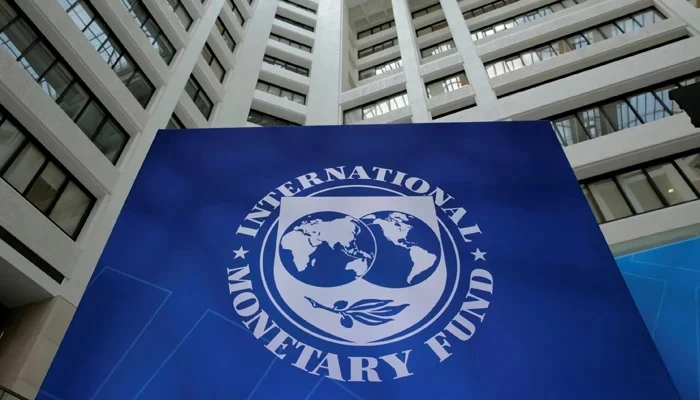ISLAMABAD: Despite Pakistan’s numerous efforts to influence the International Monetary Fund (IMF), it appears unlikely that the global lender will grant the country the necessary Extended Fund Facility (EFF) tranche because the loan programme for the nation is not on the agenda for the Executive Board meetings of the lender until May 17.
In order to continue blocked funding of $1.1 billion due in November from a $6.5 billion programme agreed upon in 2019, Pakistan and the IMF have been negotiating fiscal policy measures in the ninth review since February.
As other multilateral lenders have made the resumption of the IMF programme a requirement to access funds, Pakistan is attempting to come to an agreement with the Fund.
With its foreign exchange reserves now only sufficient for four weeks of restricted imports due to a balance of payment crisis, Pakistan’s reliance on IMF assistance is essential if it is to avoid defaulting on its external debt.
Sources claim that the global lender is not happy with the guarantees provided to it by Pakistan’s friendly nations.
Pakistan has complied with a number of requirements established by the lender for the restoration of the loan facility, according to finance ministry officials who spoke on the record under the condition of anonymity. They also stated that by February 9th, the staff-level agreement for the ninth review was to be signed.
They said that the IMF program’s delay is likely to have an impact on the budget planning, which is scheduled to be presented in the second week of June.
IMF mission leader in Pakistan Nathan Porter stated last week that the country was collaborating with the lender to complete the ninth assessment of the bailout plan.
Reuters was told by Mission leader Nathan Porter that the IMF continues to work with the Pakistani authorities to bring the ninth review to conclusion once the necessary financing is in place and the agreement is finalized.
“The IMF supports the authorities in putting policies into effect in the coming period.”
He noted that this effort includes the technical preparation of the fiscal year 2024 budget, which is expected to be approved by the National Assembly by the end of June.
Pakistan has pledged that its balance of payments deficit for the fiscal year that ends in June will be completely covered as part of the terms.
Saudi Arabia and the United Arab Emirates have promised Pakistan $3 billion in financial help, but the money has not yet materialised. China, a longtime ally, has extended and refinanced its debt.
The imbalance has been a point of contention between Islamabad and the IMF. If the Saudi, UAE, and Chinese money would be adequate or if more outside assistance would be required, it remained unclear.
Furthermore, the lender’s desire to work on the technical budget preparation, which is not covered by the plan, was not immediately apparent.

